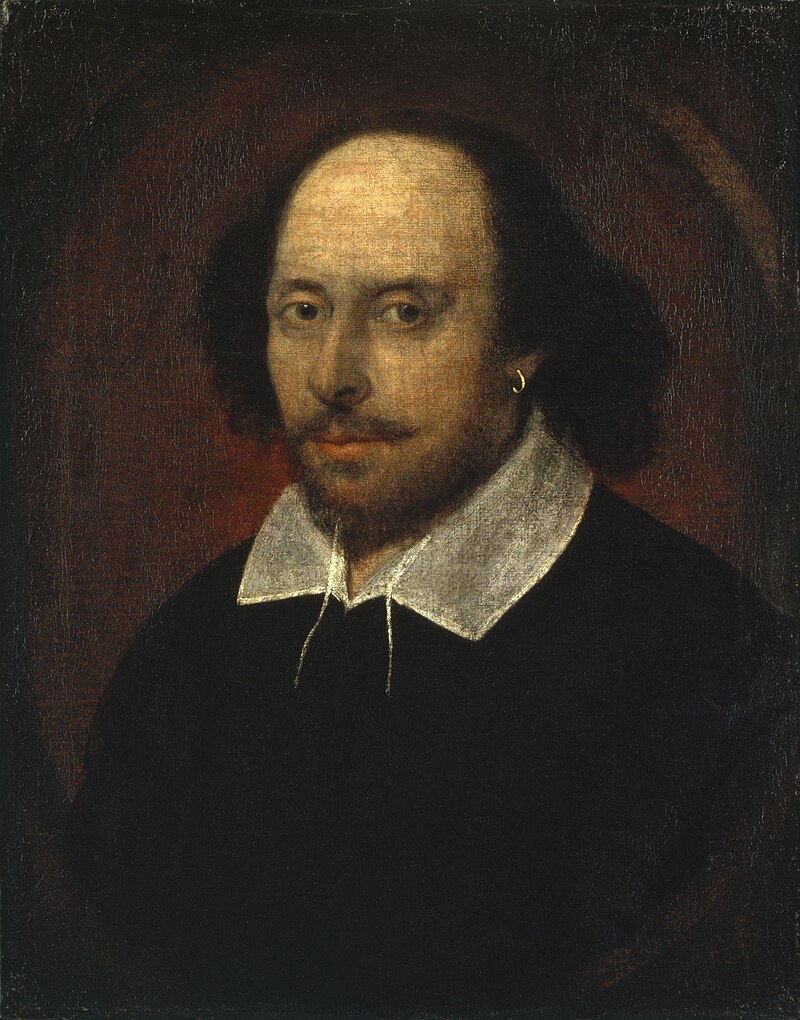On April 23, 1564, in the modest market town of Stratford-upon-Avon, England, William Shakespeare was born, a man who would grow to become the greatest writer in the English language. Though records from the era are scarce, parish registers show his baptism occurred three days later at Holy Trinity Church, following the custom of christening infants soon after birth in Elizabethan England.
Young William, the son of a glove-maker and local official, grew up in the modest market town of Stratford-upon-Avon. He attended the grammar school, where he received a classical education in Latin and literature. In his late 20s, Shakespeare had become both an actor and playwright amid London’s thriving theatrical community. His early works, including Henry VI and The Comedy of Errors, displayed initial talent before he created the classic plays Hamlet, Macbeth, and Romeo and Juliet.
William Shakespeare’s career experienced its most tremendous success under Queen Elizabeth I before progressing into King James I’s reign. He served as part of the governing board, which became the King’s Men after the initial team merged with the Lord Chamberlain’s Men, and helped establish London’s Globe Theatre in 1599. Here, groundlings paid a penny to stand in the open yard while nobility sat in covered galleries, all equally captivated by his:
- 38 groundbreaking plays spanning comedies, tragedies, and histories
- 154 profound sonnets that redefined love poetry
- 5 major narrative poems, including Venus and Adonis
The death of Shakespeare in 1616 did not lessen his unparalleled influence on the world, which continues to be felt four centuries later. His dramatic works have been translated into every major language, and his plays have been performed more often than any other playwright. Through his words, Shakespeare coined many popular modern expressions, including “wild goose chase,” “break the ice,” and “all that glitters is not gold.”

